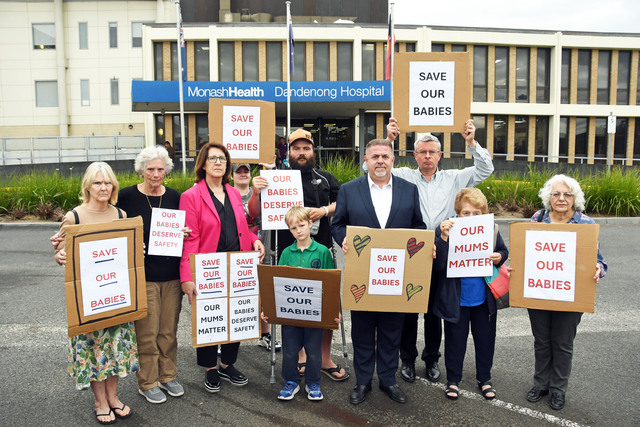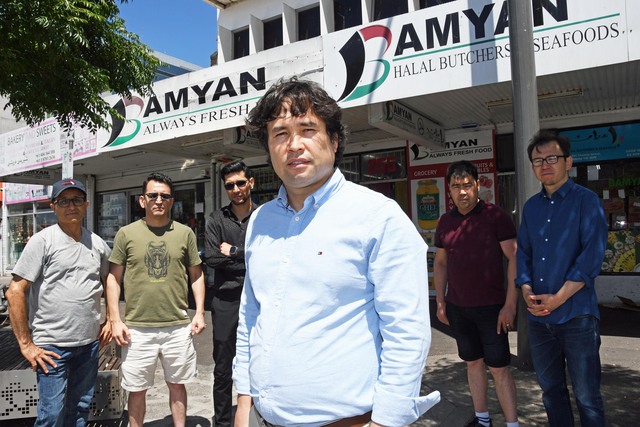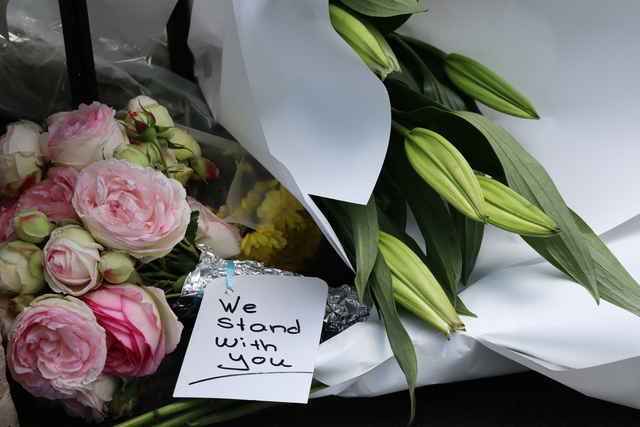By CAM LUCADOU-WELLS
RACISM is alive – and many at a Dandenong forum fear bigots may be about to be given extra voice.
About 200 people packed an “information” meeting hosted by Isaacs MP and shadow Attorney-General Mark Dreyfus on proposed changes to the federal Racial Discrimination Act.
Mr Dreyfus and guest Hugh de Kretser from the Human Rights Law Centre told the room that the changes would effectively remove federal protection against racial hate speech.
Exemptions to racially vilifying someone were so broad that “just about everything would be exempt”, Mr Dreyfus said.
“It wouldn’t matter if you were saying something you knew to be untrue.”
He was confident that strong opposition from a spectrum of ethnic community groups would defeat the drafted changes.
In a question-and-answer session, speakers across a spectrum seemed unified in their alarm.
Clayton MP Hong Lim told of a Chinese elderly lady who was spat upon in Chadstone Shopping Centre and wanted to write her opposition in Mandarin.
Andrew Gardiner, chief executive of Dandenong and District Aborigines Co-operative, said elders recounted racist incidents against community members on a weekly basis.
They were set to write in dissent as individuals and as a group.
For Mr Gardiner personally, it rankled that when he was born in 1961 he was classified under the Fauna and Flora Act.
May Hu, of SBS Radio, spoke of a rising fear in the “passive and submissive” Chinese community – who bore the brunt of the White Australia policy and suffered discrimination since the 19th century gold rush.
“Tony Abbott was backed up by John Howard, and we worry that Pauline Hanson… and the White Australia policy will come back.”
Members from Vietnamese, Nigerian, Sikh, Russian-speaking and Chinese communities also spoke out.
Trevor Grant, a journalist and member of Friends of Refugees, attacked Mr Dreyfus over the ALP’s “hypocrisy” on human rights.
He cited the 43 refugees languishing up to five years in indefinite detention because of adverse ASIO security assessments.
“You had the power as Attorney-General (until last September). Are there any pangs of guilt and shame?”
Mr Dreyfus said the previous government installed former federal court judge Margaret Stone to review the assessments.
Since last year, six had been released in a “terribly slow” process, he said.
“I accept the criticisms of the (United Nations High Commissioner for Refugees).”
On the racial vilification laws, Mr de Kretser said the debate had been clouded by “a lot of misinformation and myths”.
One myth was the “absolutist” argument that the best way to combat racism was to allow open-slather debate and absolute free speech.
“Education is a vital tool but the law is an important tool as well,” Mr de Kretser said.
“People are far more likely to speak out against racial vilification if the law supports them.”






